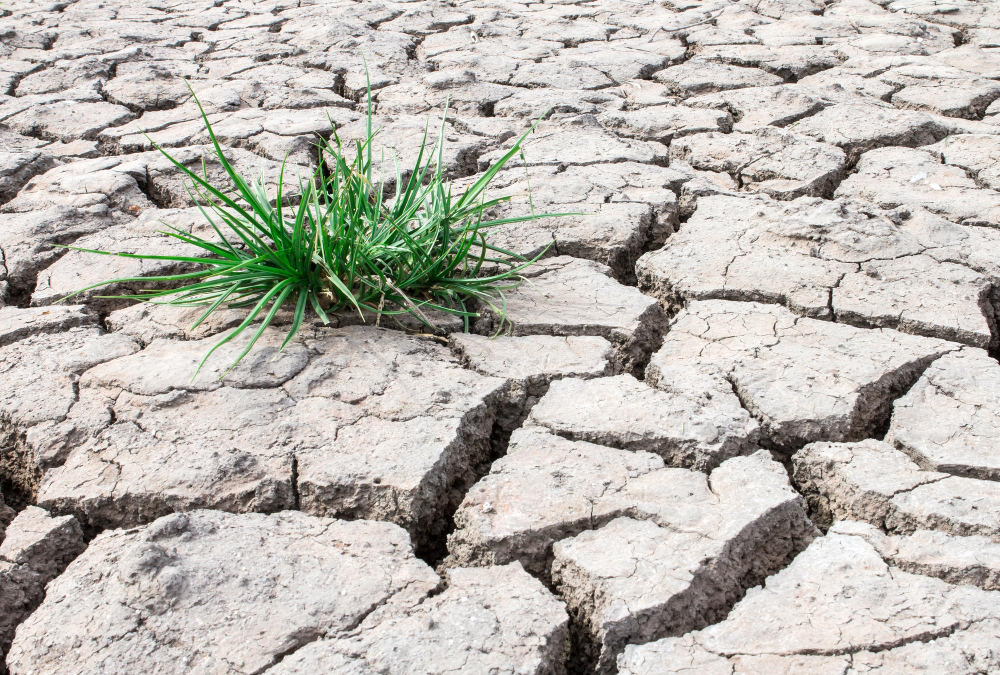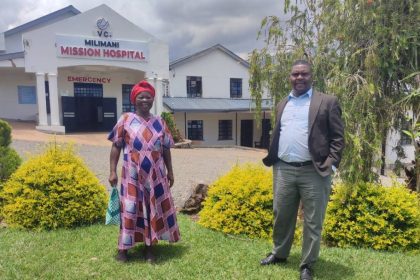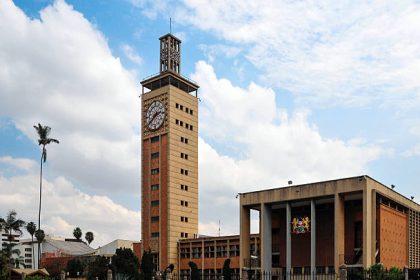Over 200 million people on the continent were hit by floods, droughts and extreme ocean heat, impacting health and food security in the last four years alone.
Africa is confronting a devastating climate and health emergency, with 2024 marking the warmest year ever recorded for the continent, according to the State of Africa’s Environment 2025 report that was released this week in Addis Ababa, Ethiopia.
The report reveals that in just four years, over 200 million people in Africa were hit by devastating weather disasters like floods, droughts, and extreme ocean heat, with a direct and severe impact on people’s health and food supply. Cases of malaria shot up by 14 per cent in a single year, while cholera infections more than doubled. Farming has also taken a major hit, with food production dropping by 18 per cent.
The problem has been accelerating at an alarming rate. Over the last 15 years, more than 412 million Africans have been affected by extreme weather. Shockingly, over half of that damage happened in just the last five years. These disasters have killed over 41,000 people, with droughts being the biggest culprit, affecting 178 million individuals.
The report also notes that Africa has been heating up faster than the rest of the world over the last six decades, with Northern Africa warming the quickest and thus driving a sharp increase in the number of severe heat waves, droughts, storms and floods.
The climate crisis is manifesting as a severe health emergency across multiple fronts, including an increase in infant mortality, while long and punishing droughts in the Horn of Africa, the Sahel, and southern Africa are worsening hunger, malnutrition and disease.
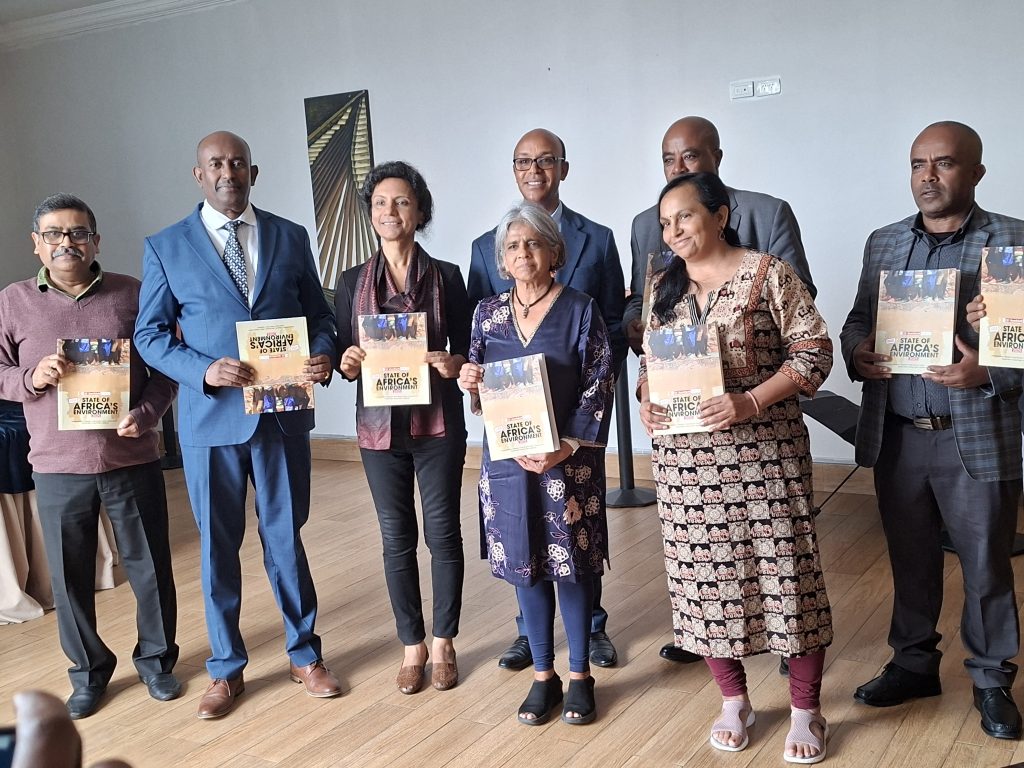
Africa contributes the least to global greenhouse gas emissions, but suffers the most
Speaking at the report’s launch, Prof Kassahun Tesfaye, Director General of Ethiopia’s Bio and Emerging Technology Institute, called the data “a glaring evidence-based assessment of our continent’s physical health.” He emphasised the profound injustice at play: “Despite Africa contributing the least to global greenhouse gas emissions, it is suffering the most from its consequences.”
He argued that the solution lies not in simply mitigating a crisis others created, but in pioneering an entirely new model of sustainable development.
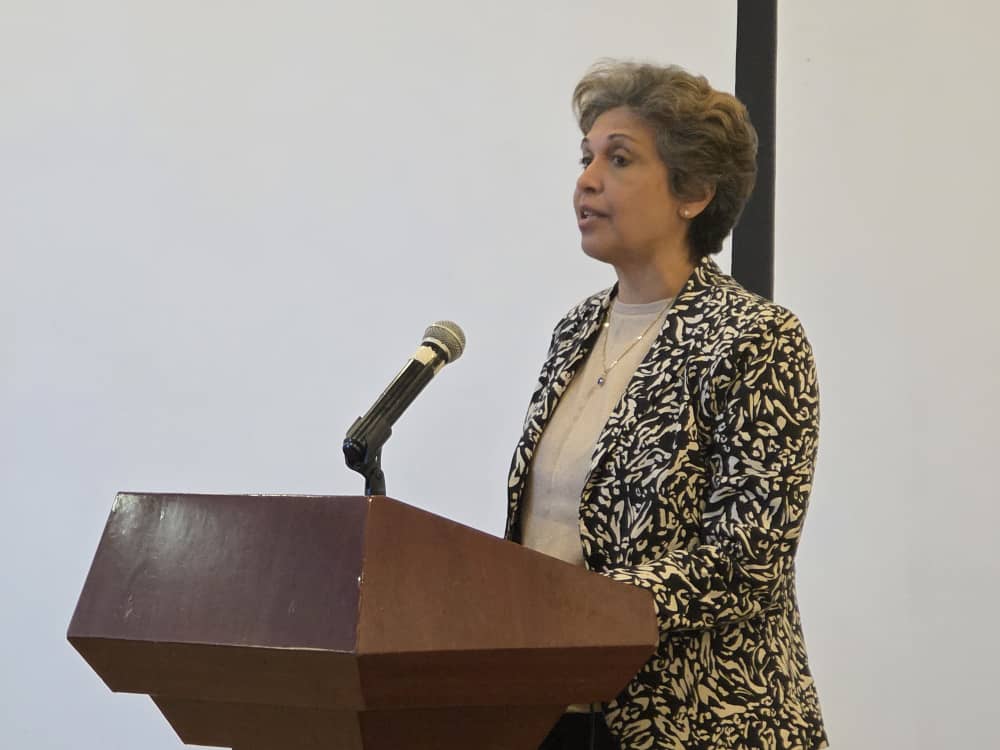
The economic toll is equally staggering. Dr Rita Bissoonauth, UNESCO’s Director of the Addis Ababa Liaison Office, highlighted that climate hazards are causing massive economic losses, with estimated direct losses of $1.18 billion per year in Northern Africa and $1.25 billion per year in Sub-Saharan Africa.
“This is not just an environmental crisis,” she stated, “but also a profound inequality.” This inequality is starkly visible in the escalating water crisis. Water scarcity already affects 14 African nations, with 11 more expected to join them by 2025, placing nearly half of the continent’s 1.45 billion people at risk of severe water stress.
Besides climate change tightening its grip on Africa’s food systems, the report warns of longer-term risks, including thawing that risks reawakening dormant viruses, bacteria and fungi.
Millions could be forced to move, sparking crises of migration, security, human rights
If urgent action is not taken, Africa could face the world’s highest rates of climate-related displacement. With homes, farms, and entire ecosystems under stress, millions could be forced to move, sparking crises of migration, security, and human rights.
Despite these dire findings, the report highlights how African nations are crafting their own solutions. Ethiopia’s National Adaptation Plan (NAP-ETH) serves as an example of integrating adaptation into national development strategies.
Deputy Director General of the Ethiopian Environment Protection Authority, Nigussu Lema, said, “Ethiopia’s climate adaptation efforts focus on strengthening climate resilience through its National Adaptation Plan, which integrates adaptation into its development strategies.”
Media should humanise climate stories, track climate financing, highlight local solutions
Indeed, African countries are experimenting with policies that emphasise adaptation, renewable energy, water management and the development of a sustainable bio economy.
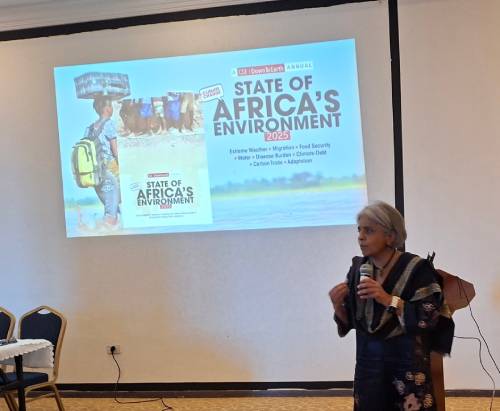
“Change is taking shape in Africa,” noted CSE Director General Sunita Narain, “Countries are adopting policy measures and crafting programmes to adapt to and mitigate climate change.”
The report also challenges the media to humanise climate stories, track climate financing, and highlight local solutions as climate change is no longer an abstract threat, as it’s already shaping the continent’s health, food and future, but with bold adaptation, it has the potential to safeguard lives while building a climate-resilient future.
The report is researched and published by India-based Centre for Science and Environment (CSE) and Down To Earth magazine, in collaboration with African media partners, including Alliance for Science-Ethiopia and Media for Environment, Science, Health and Agriculture (MESHA) in Kenya.



